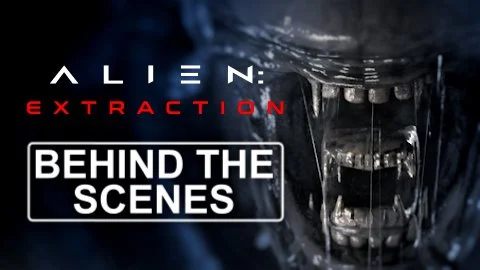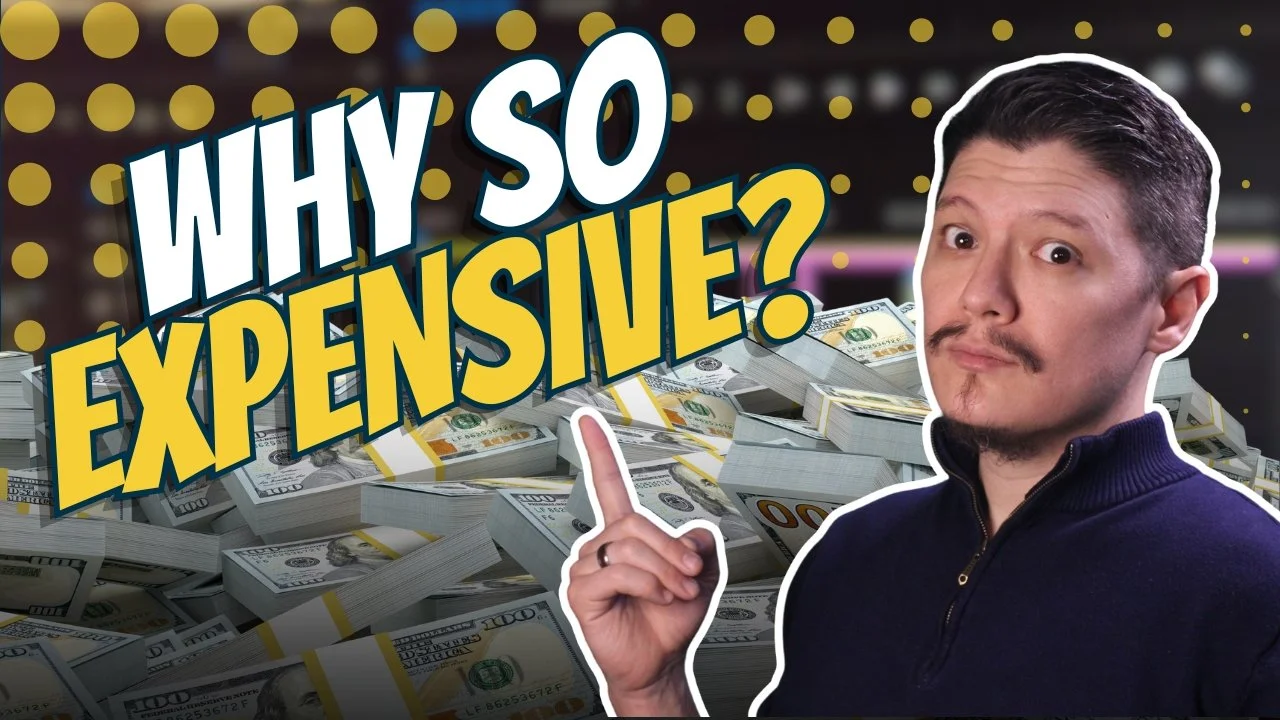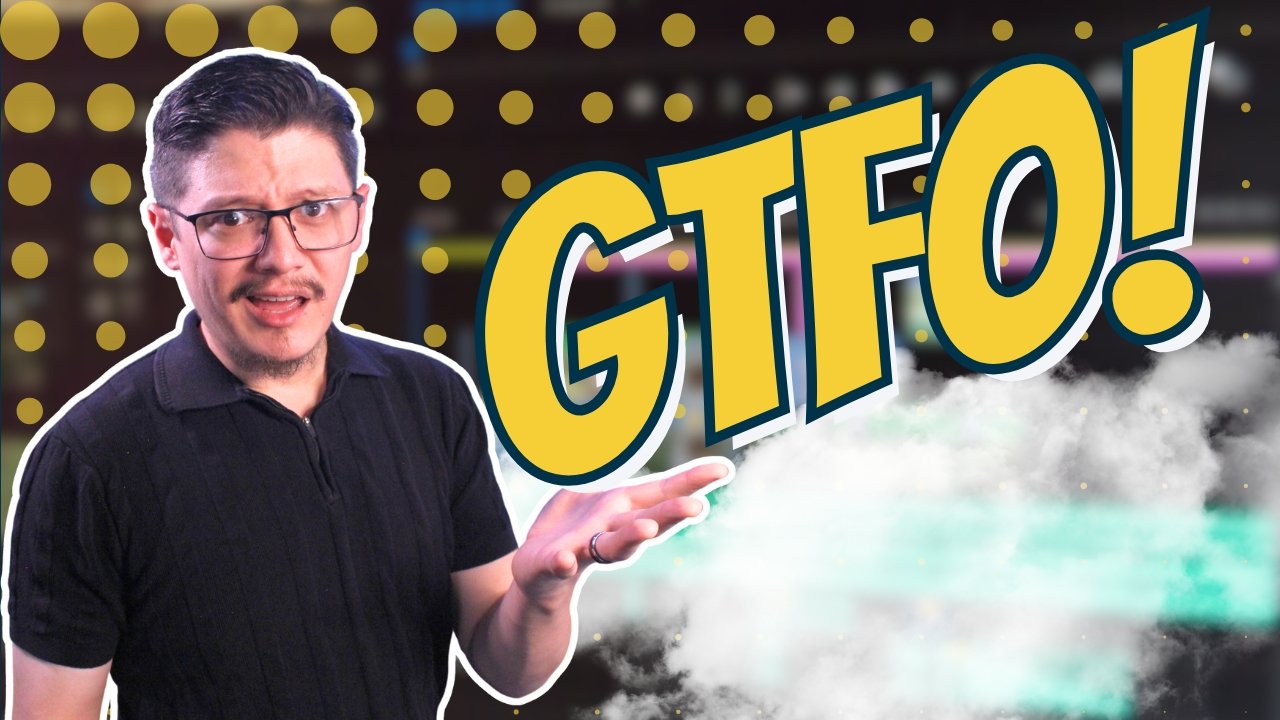Low-Budget Filmmaking | Howard Goldberg's Creative Journey & VFX Tips
In the world of independent filmmaking, where budgets are tight and resources limited, the ability to balance creative vision with practical constraints is a vital skill. Howard Goldberg, the acclaimed director behind films such as the Sundance-developed “Eden” and the cult favorite “Apple Pie,” shares insights from his extensive journey to highlight the importance of early planning, pre-production, and flexibility. Goldberg, a recipient of a Sundance Institute Fellowship, has seen his works premiere at prestigious festivals like Sundance and Deauville, lending significant weight to his insights.
Goldberg’s latest project, "Double Exposure," is a cerebral journey through the mind of a struggling artist, grappling with guilt over what happened to his first love. The film will premiere at the Raindance Film Festival in London, but the path to its completion was far from straightforward. Initially, Goldberg anticipated a few months to complete the script. However, the reality proved to be far more demanding.
“I started writing this script, which was going to take me a few months to write and wound up taking 25 drafts and nine years,” Goldberg recounts. This prolonged development process underscores the perseverance and continuous refinement necessary in filmmaking.
One of the key strategies that Goldberg emphasizes is the importance of involving key collaborators early in the project. He reached out years before filming began, seeking input on visual effects and other crucial elements. This early involvement not only helps shape the film’s creative vision but also ensures cohesive collaboration from the outset. Had Goldberg not sought this early consultation, he might have faced significant challenges in aligning the various elements of the film, potentially leading to costly revisions in post and a fragmented final product. Early involvement of collaborators naturally leads to the critical process of casting. For Goldberg, casting extends beyond actors to every key role, including VFX artists, costume designers, and composers.
"You know, they always say that the most important thing in directing is casting. If you don't cast it right, you can't fix it. And it's the same thing. If I don't cast the VFX person or the costume designer or the composer, if I don't cast them properly, I can't fix that either,” he emphasizes. This approach ensures that every aspect of the production is aligned with the overall vision of the film.
One of the major challenges in independent filmmaking is balancing creative vision with budgetary constraints. Goldberg's experience with "Double Exposure" highlights this delicate balance. Writing the script with creative freedom, he remained open to modifications based on practical budget considerations.
“You have to have the ability to alter that which you have written and substitute something that's equally as effective and says the same thing and gets you to the same place, but might not cost as much,” he explains.
Flexibility is essential throughout the filmmaking process. This flexibility allowed Goldberg to stay true to his vision while adapting to production limitations. He frequently made adjustments and engaged in creative problem-solving to achieve the desired results within budget.
This approach is applicable throughout the industry, challenging the conventional mindset of indie filmmakers. While many independent filmmakers believe they incorporate flexibility, it often doesn't extend to post-production considerations. Changing the conversation to include awareness of how adjustments and problem-solving during production can impact post-production is crucial. This holistic approach ensures that the entire filmmaking process is adaptable, leading to a more cohesive and polished final product without unexpected budget overruns or compromises on quality.
“Many things were altered in the editing process where we had to do certain things in a certain way, and then we had to change it. And, you know, you’ve got to be flexible, but you’ve got to also be true to your vision,” he says. Goldberg values the input of his collaborators, giving them the freedom to bring their artistic ideas to the table. This collaborative spirit often enhances the final product. For instance, allowing a VFX artist to propose an alternative method for a visual effect can save both time and money, while also potentially improving the visual impact of the scene.
“I want people to be free to be as creative as they possibly can, and I get veto power. I can say, ‘I love what you did, but I don't think it works. It's not right for the scene. Let’s try something different,’” he notes. This approach not only fosters a more dynamic and innovative environment but also ensures that every creative decision aligns with the overall vision of the film. By encouraging open dialogue and creative contributions, Goldberg ensures that the team remains flexible and adaptive.
Pre-production is vital for any film, but it is especially crucial for independent productions with limited budgets. Goldberg’s approach to pre-production involves detailed planning while leaving room for on-the-fly adjustments. He encourages his team to contribute their ideas, knowing that the initial script is a starting point that can evolve based on practical and creative input.
“Very rarely do I have a very, very specific idea that is almost inflexible as to how I'm going to shoot it. I don't really. A lot of people do, but you know, a lot of people storyboard out the whole damn movie before they even come close to making it. They know every shot that they're going to do. I don't happen to work that way,” he explains. This approach allows creativity to flourish while keeping the project grounded in feasible budget constraints.
Howard Goldberg's journey with "Double Exposure" offers valuable lessons for independent filmmakers. By involving key collaborators early, balancing creative vision with budget realities, embracing flexibility, and leveraging detailed yet adaptable pre-production planning, filmmakers can navigate the challenges of limited resources and deliver compelling films. Goldberg's experience is a testament to the power of these principles in achieving success in independent filmmaking. His journey with "Double Exposure" demonstrates that with perseverance, creativity, and strategic collaboration, even the most ambitious projects can come to fruition, proving that independent filmmakers can achieve remarkable outcomes by making the most of their available resources while staying true to their artistic vision.










